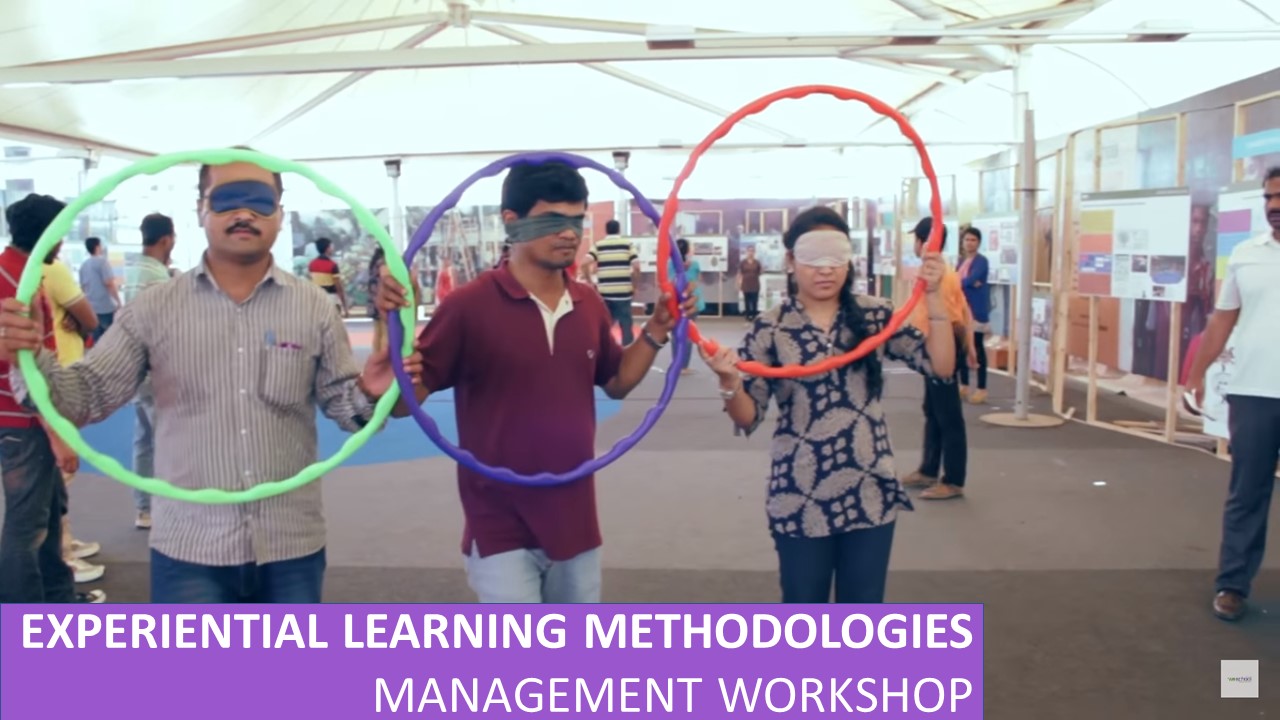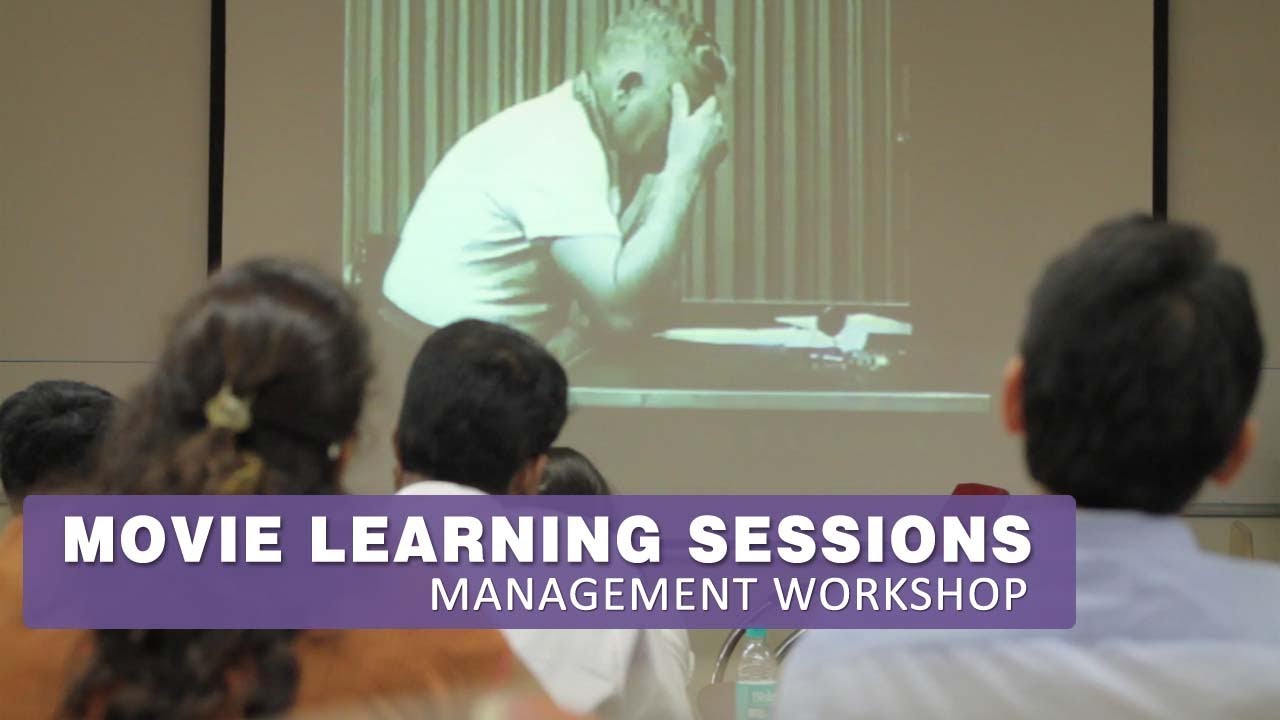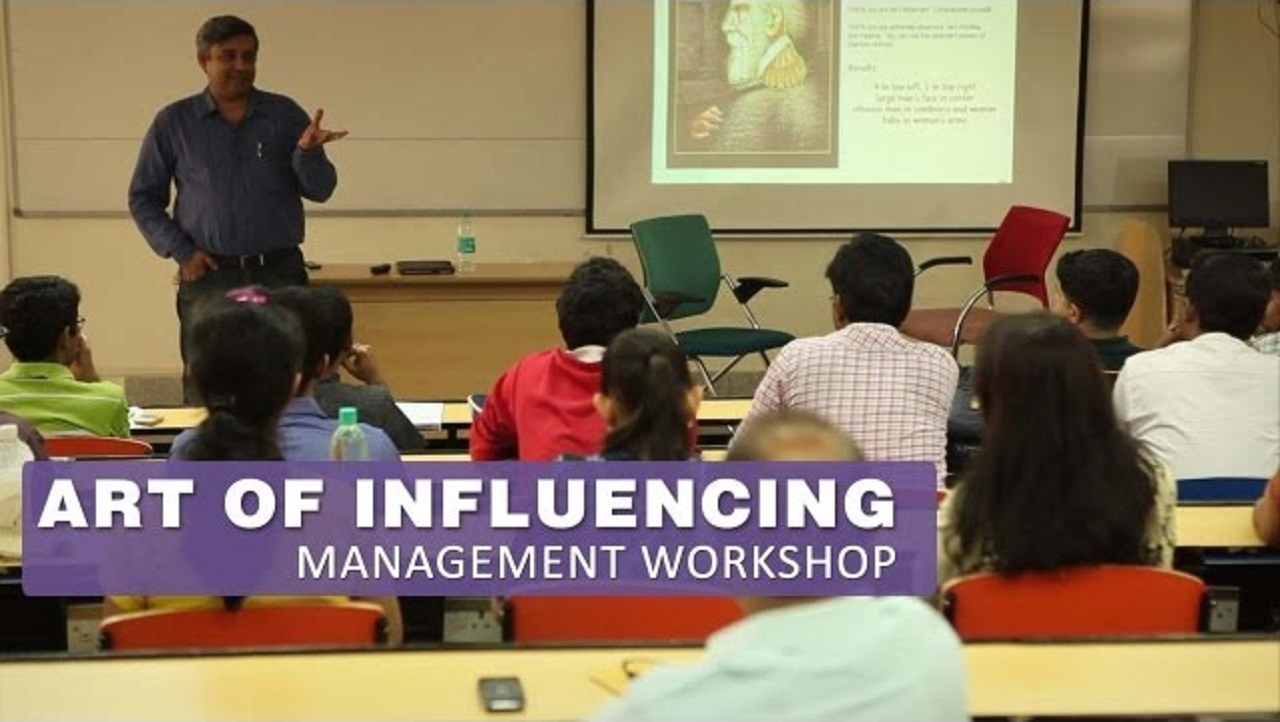

Temples are abodes of Gods & Goddesses, places of worship and spaces of divinity. Temples are places where people congregate on all occasions, be it a birth or demise in the family, be it on an occasion to celebrate or to seek redemption from the sorrows that life throws at us. People have tremendous faith in the fundamental principle on which a temple is built upon – the power of human compassion. Everyone is welcome, irrespective of caste and creed. With this aura of Shraddha and their widespread reach, temples wield unimaginable influence on the minds of humanity.
It is estimated that Bharat has approximately 30 lakh temples across the country & to manage them, we need a large team of trained professionals to magnify the influence that temples have on the economy and culture of our beloved country.
Bachelors Degree from a recognised Indian / International University.
Application Fee is Rs.500/- (+ 18% GST)
Program Fees is Rs. 25000/- (+ 18% GST)
Mumbai campus of the Institute shall conduct classroom-based lectures, providing students with interactive and immersive learning experiences.
To enrich the learning experience, the program includes guest sessions conducted by senior dignitaries from the Temple ecosystem, offering practical insights and industry perspectives. These sessions provide students with invaluable knowledge and first hand experiences, enhancing their understanding of Temple management practices.
The program offers optional field visits for students to engage with diverse stakeholders, providing practical exposure to Temple management contexts. These visits, shall be arranged at an additional cost & shall offer valuable insights and hands-on learning experiences, enriching the educational journey.
Will be provided for all subjects. These E-books contain chapter wise exhaustive reading material in PDF format.
The students shall be evaluated basis continuous evaluation and end term evaluation.
Minimum passing criteria shall be 50% marks in every subject.
Once a student fails in any of the subject, he/she has to appear for a re-exam in that particular subject by filling up the re-exam form & paying re-exam fees of Rs.750/-
As supplementary to the course material, exhaustive video lectures on various subjects of the syllabus are uploaded for better understanding of the curriculum. These are downloadable lectures developed by a competent team of faculty with vast industry & academic experience.
Additional academic support is provided in the form of E-Learning Toolkit on the website. The toolkit contains the subject-wise, chapter-wise summary, PPT as well as skill builder modules.
Every month, alongside three days of academic sessions, the institute shall conduct two days of workshops dedicated to enhancing soft skills such as adaptability, problem-solving, and creativity. These workshops shall be led by senior faculty members to provide comprehensive skill development opportunities for students.
Workshop-oriented sessions will be held to enhance soft skills such as adaptability, problem-solving, and creativity. These workshops shall be led by senior faculty members to provide comprehensive skill development opportunities for students.
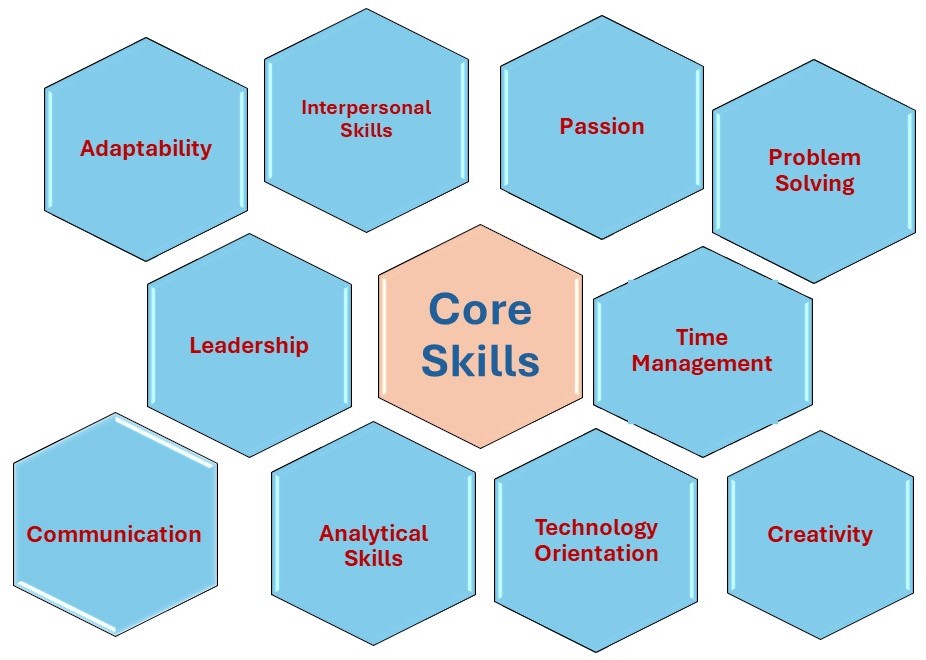
In addition, the students will have access to multiple online resources viz., Life-journey of successful experts, skill-development related workshops, a repository of training modules, updates on developments in the ecosystem.

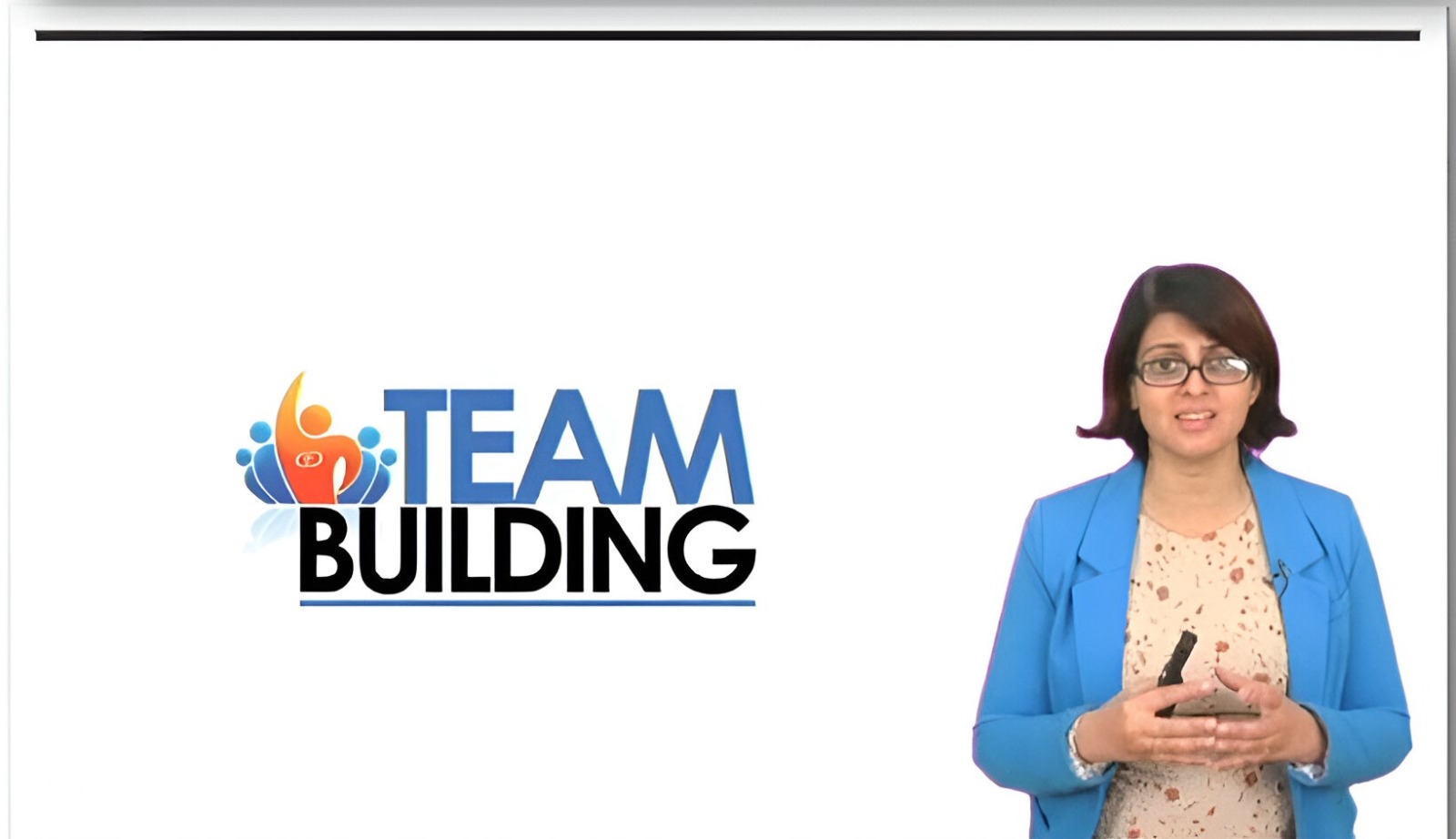
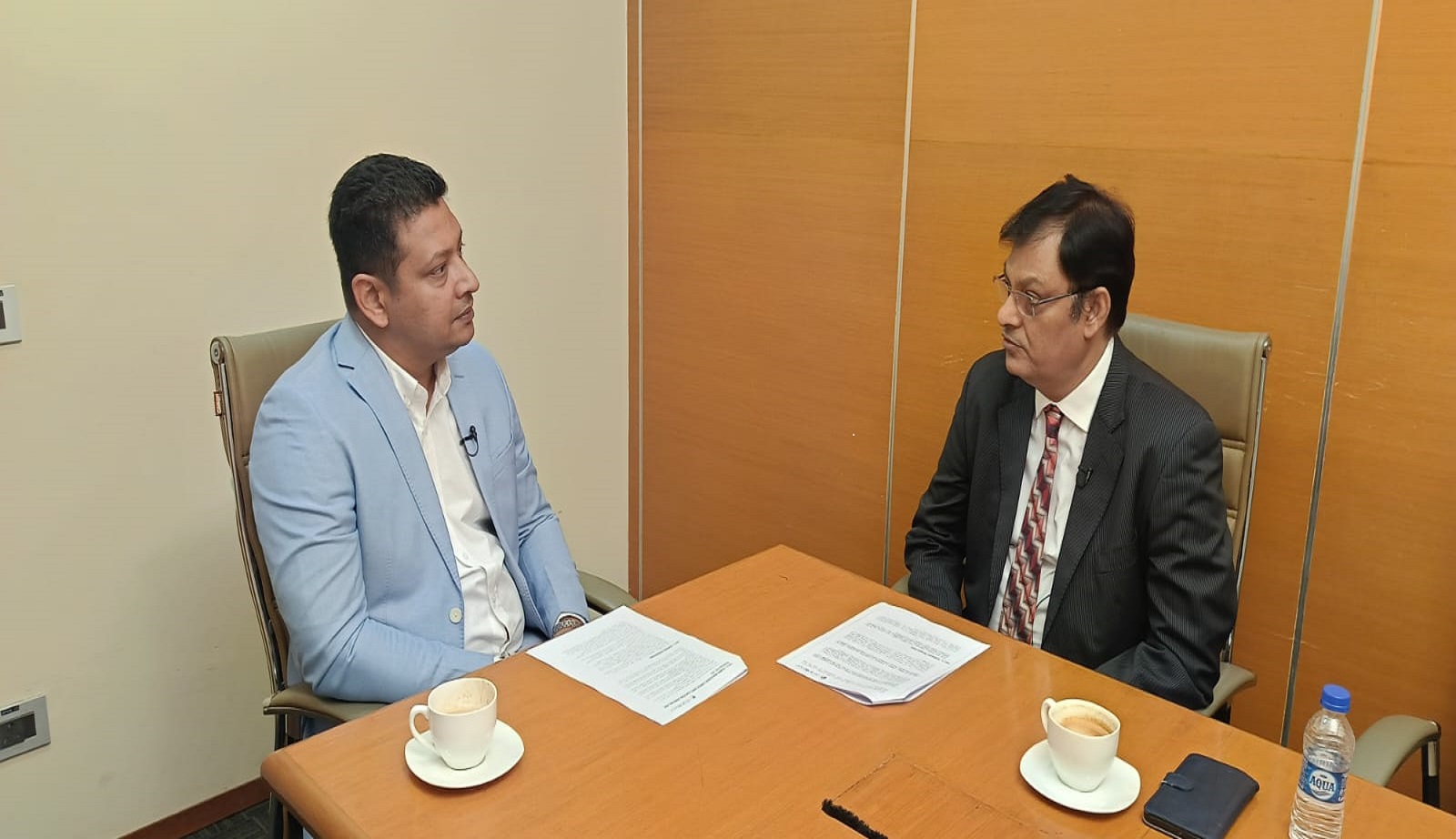
Aimed at holistic development of participants, the institute will offer multiple interventions such as Experiential learning Workshops (Game based), Movie-based learning sessions, Business simulation games etc., all at an additional nominal cost.
